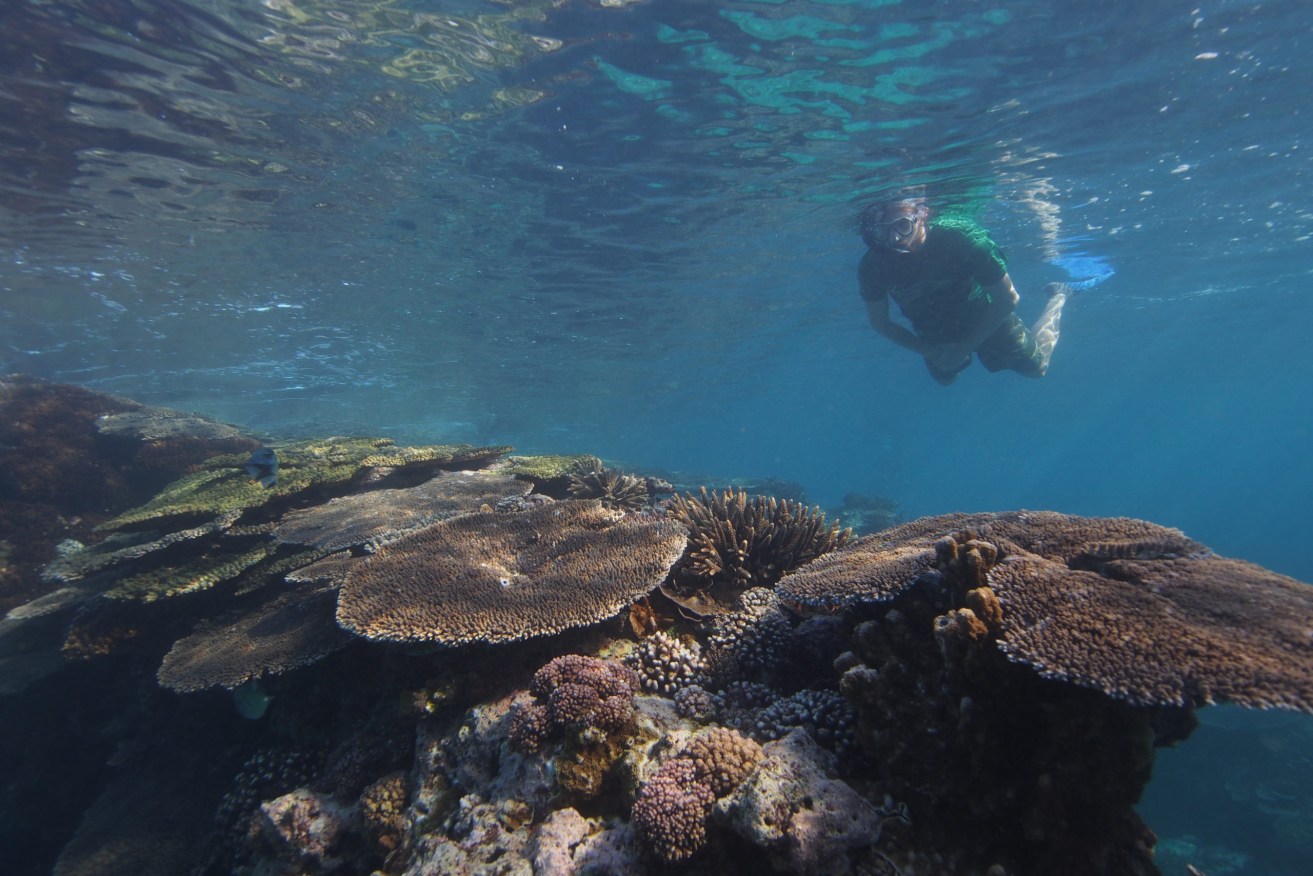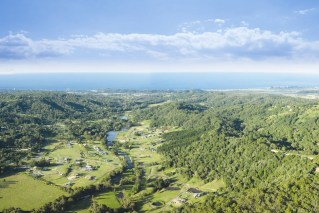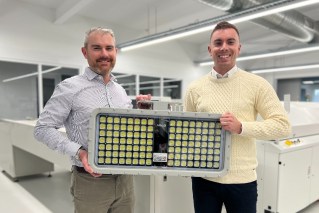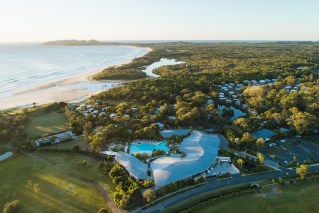
Griffith research aims to protect future of our coastal habitats
The ability to reliably predict the future for coastal habitats to help mitigate climate change is the aim of Griffith University researcher and Australian Research Council (ARC) Future Fellow Dr Chris Brown’s latest project.

Awarded the fellowship earlier this month, the Australian Rivers Institute researcher and former Young Tall Poppy Science awardee is passionate about coastal management.
“The coast is this narrow space where ocean life, industry and recreation all converge. Many Australians love the coastal life, but the rapid pace of climate change combined with our love of the coast is putting ocean life under increasing pressure’’ he said.
“Australia and global economies are also looking to the ocean to support future ‘blue’ growth. There are immense opportunities to provide sustainable food and energy, but novel industries also pose unprecedented risks to ocean life.”
Dr Brown says the aim of the fellowship is to show how scientists can predict the future for coastal habitats, fisheries and biodiversity and validate the reliability of those predictions.
Using mathematical ‘ecosystem models’, the researchers will test whether it is possible to predict unprecedented future environments. These high-tech models represent how humans interact with whole ecosystems, from coastal habitats like mangroves to whales.
“Global change means ecosystems are rapidly changing beyond the bounds of historical data so we can no longer use previous data to predict the future,’’ Dr Brown said.
“Reliable predictions are needed to help managers mitigate the risks of future human activities to the environment.”
Brown works closely with Australian Rivers Institute and Coastal Marine Research Centre colleague, Dr Michael Sievers who recently received an ARC Discovery Early Career Researcher Award for a marine ecosystem restoration project.

Dr Chris Brown said ocean life is under increasing pressure because of climate change (Image: Supplied)
“In this project we aim to improve evaluations of marine ecosystem restoration through the measurement of key animal health metrics, and automated monitoring using artificial intelligence,’’ Sievers said.
He will utilise the FishID platform, hosted by Griffith University, to automate monitoring of key animal species within restored ecosystems.
In restored seagrass ecosystems, for example, various fish and crustaceans graze the algae growing on seagrass that would otherwise reduce the light reaching the plant.
“These processes collectively improve restoration outcomes. So healthy animal populations can drive restoration success, but animals aren’t yet getting the attention they deserve in coastal marine restoration.”
The researchers say the project will generate unique knowledge about why ecosystem restoration succeeds or fails and improve understanding of how animal data can better inform future restoration projects.
“We hope it will enhance our capacity to use new and efficient techniques to monitor and evaluate ecosystem restoration in a more ecologically valid way,’’ Dr Sievers said.
“This will enhance wildlife conservation, and the enhancement of ecosystem services including sustainable fishing and eco-tourism.”
Brown is one of five Griffith University ARC Future Fellows and Dr Sievers one of six researchers awarded ARC DECRA funding.

















